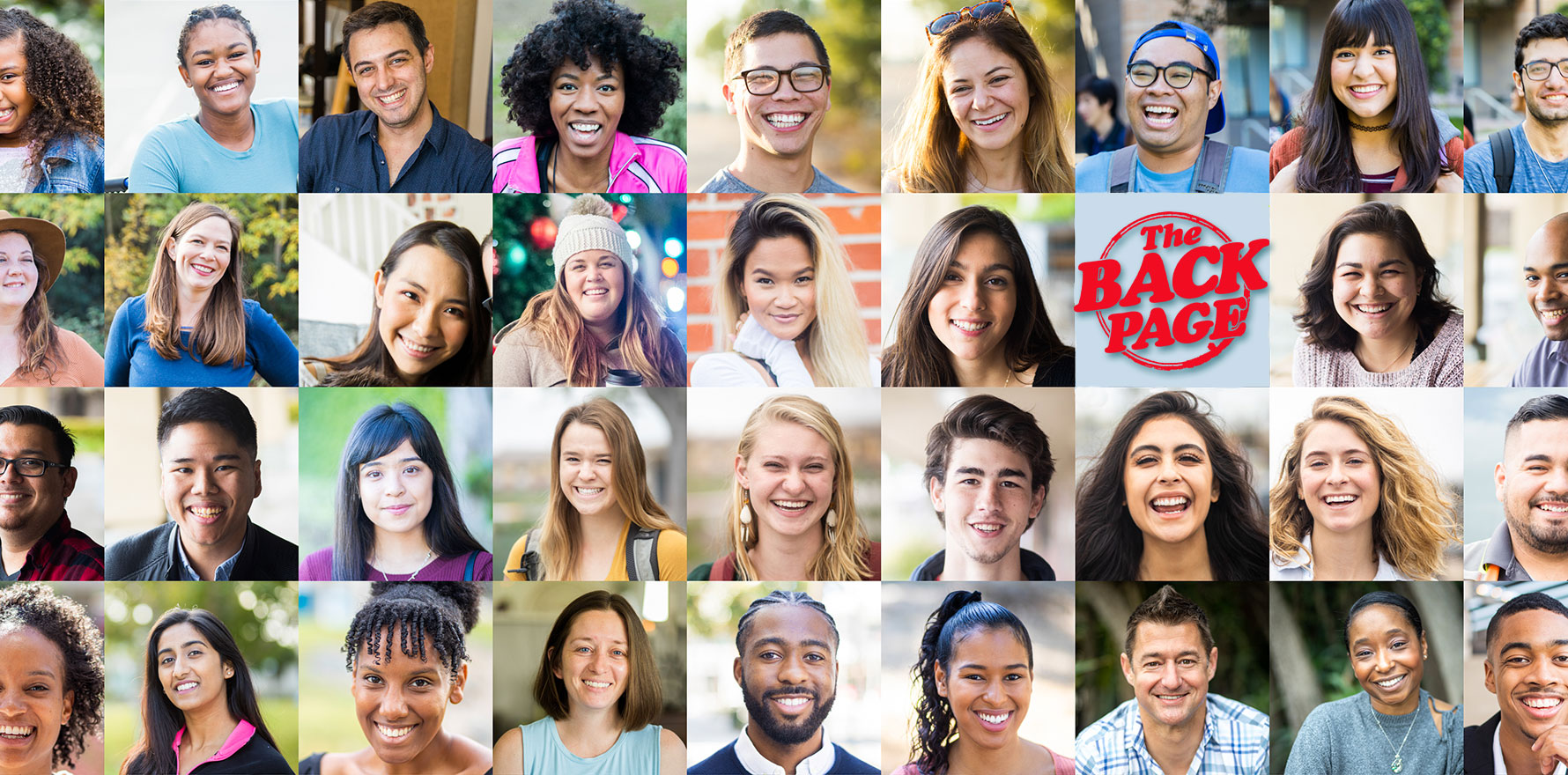It may not be the face we deserve, but it’s the face we think we’re expected to have.
We’ve all heard of nominative determinism, where the meaning of your name appears to influence your career choice.
Being called Bolt, for example, and deciding to become the world’s fastest runner, just for the lulz.
But the idea that your given name could determine your face … folks, this one’s frankly bizarre.
In a study published in PNAS, an Israeli team explored why it is that people are consistently better at guessing a stranger’s given name than they should be.
One possibility, they say, is that parents name children to match their appearance.
The Back Page is always amused by this. “When she came out, she looked like a Sadie/Eleanor/Petunia!” Don’t kid yourself. Babies straight out of the packaging all look the same.
Or as the authors write in a footnote: “In fact, right after birth, babies are largely homogeneous in appearance, and very little can be inferred from their photographed faces alone.”
Yet their preferred hypothesis is somehow weirder: that names are a self-fulfilling prophecy. That we all know what a Sadie or Eleanor or Petunia is supposed to look like and we change our faces to conform to that ideal.
They tested this in three ways.
First they recruited adults and children to look at faces and guess from four choices what their names were. (The viewers were from two age groups to reduce “own-age bias” in facial recognition.)
Adult faces were matched to their correct names at a rate significantly better than chance, whereas children’s faces were not.
Then they used an AI to look at a large volume of adult and children’s faces to look for similarity among people with the same name.
It found higher similarity among adults with the same names than with different names, but no such pattern among children.
Thirdly, they digitally aged photographs of children using a program that mimics biological ageing with no social component.
Both human and AI viewers failed to guess the artificially aged faces’ names at a rate better than chance.
All studies supported the hypothesis that “face-name fit results from a self-fulfilling prophecy mechanism, such that at least to some extent, facial appearance develops with time in association with a social tag’s (given name) expectation”.
“This is why first impressions are often correct,” to quote Talking Heads’ Seen and Not Seen – clearly not the quirky flight of fantasy we always thought but a scientifically valid song about acquiring the face that’s right for you.
The Back Page has been singularly unsuccessful, we suspect, at developing the essential Pennyness of our face. The only Penny we grew up with was this one – a look we have absolutely failed to emulate.

But it’s not too late. Send pictures of stereotypical Pennys to penny@medicalrepublic.com.au.


